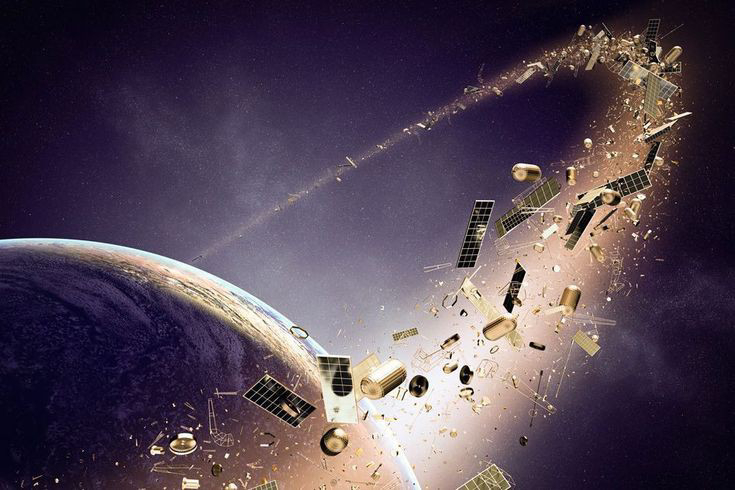Consumerism as the Backbone of the American Economy: Benefits and Drawbacks
Consumerism is often referred to as the backbone of the American economy, and for good reason. The United States is one of the largest consumer markets in the world, with a population that has a strong appetite for products and services. In this blog post, we will explore what consumerism is, its impact on the economy, and some of the benefits and drawbacks of this way of life. What is Consumerism? Consumerism is a social and economic order that emphasizes the acquisition of goods and services in ever-increasing amounts. It is based on the belief that consuming more will lead to greater happiness and fulfillment. Consumerism is often associated with a culture of materialism, where individuals place a high value on owning and displaying possessions. Impact on the Economy Consumer spending accounts for a significant portion of the U.S. economy, making up around 70% of the country's gross domestic product (GDP). This means that when consumers buy products and services, they are direct...













